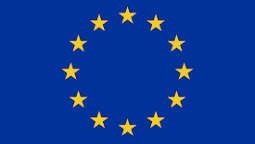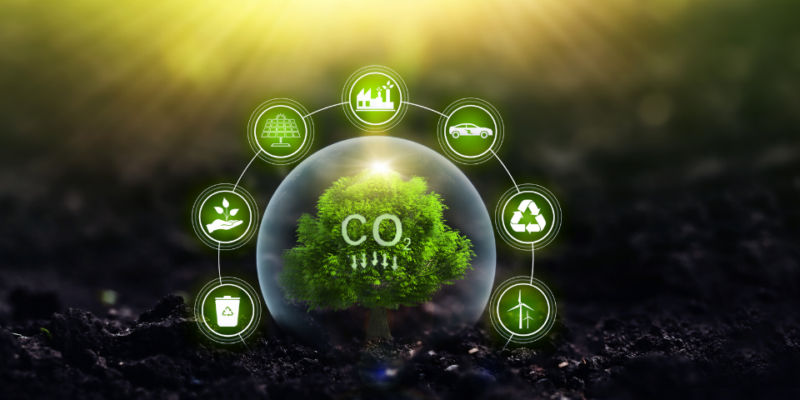A new EU-backed initiative, the Exigence consortium, has been formed to address the environmental impact of next-generation telecommunications infrastructure. Comprising ten organisations, including industry leaders like Telefónica and Huawei, the project aims to reduce carbon emissions and minimise the ecological footprint of 6G systems. By measuring energy consumption, optimising service delivery, and encouraging behavioral changes among ICT users, the consortium seeks to create a more sustainable telecom ecosystem.
Artur Hecker, Director at Future Network Technologies at Huawei, highlighted the distinct strategy of Exigence, noting that conventional optimisation techniques are still important, but what makes this initiative unique is its focus on engaging end-users directly in efforts to lower carbon emissions. The consortium plans to develop an integrated platform that offers actionable insights and solutions for greener mobile technology usage. This initiative aligns with the EU’s Green Deal, highlighting the importance of sustainability in achieving broader environmental goals.
Exigence will take a holistic approach, considering the entire ICT ecosystem rather than focusing on isolated components. Coordinated by F6S, a global network supporting innovation and research, the project also includes partners such as the Instituto de Telecomunicações, the Netherlands Organisation for Applied Scientific Research, and Atos IT Solutions. By bringing together diverse expertise, Exigence aims to set new standards for sustainability in the telecom industry, paving the way for a greener future in 6G and beyond.


 Europe
Europe








